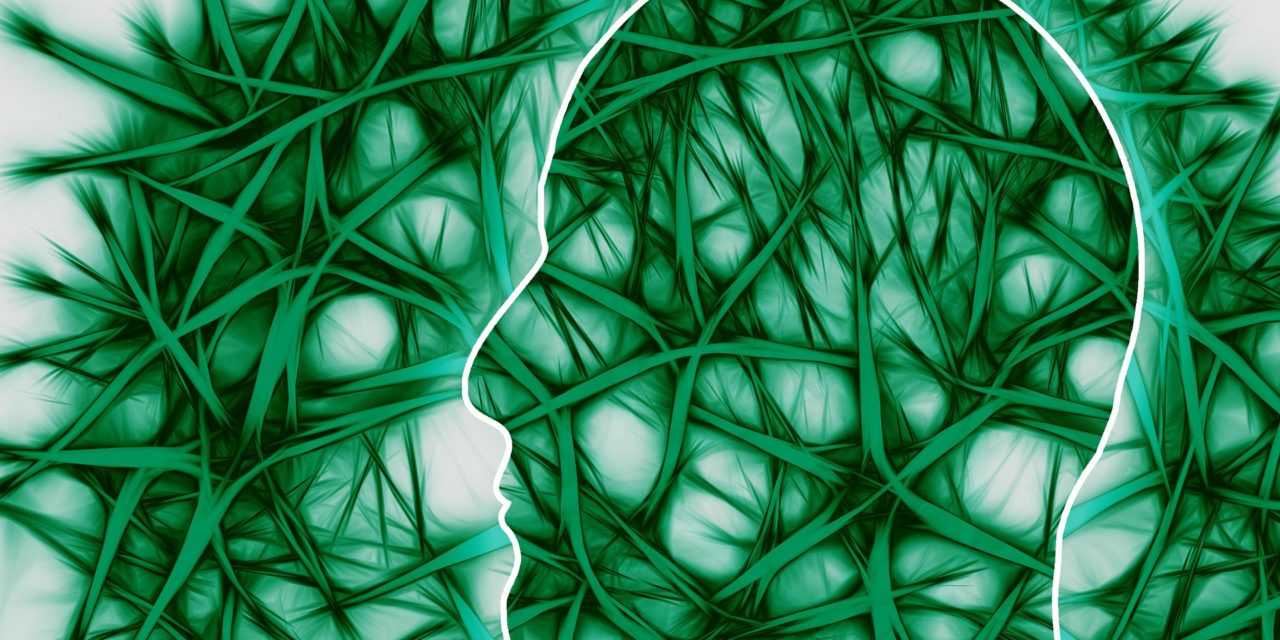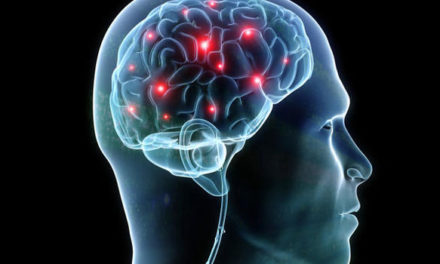It seems like many UK media sites and newspapers have been talking about the possibility of cannabis being used as a treatment for Alzheimer’s disease. But, surprisingly it was scientists from the United States that discovered this possibility. They found that cannabis may be able to destroy a toxic protein that is associated with the disease.
How Alzheimer’s Works:
The toxin we are referring to is called amyloid beta and it creates plaque deposits in the brain, which causes cells to be inflamed.
This inflammation within the brain is a major component of the damage that Alzheimer’s causes. And Alzheimer’s is responsible for the death of about 60,000 each year. Prior to this study, we had always assumed that this response was coming from immune-like cells in the brain – but there’s a pretty good chance that its actually the nerve cells themselves. And this is another way that cannabis can help treat the disease.
How Cannabis Can Help Alzheimer’s:
Preliminary research discovered that levels of amyloid beta, the toxin found in the disease, were reduced when exposed to cannabis. Then, this study showed that the compounds in cannabis, including tetrahydrocannabinol (THC) help to reduce inflammation, and allowing brain cells to survive.
This may very well be the first study to demonstrate that cannabinoids affect BOTH inflammation and amyloid beta accumulation in nerve cells. Thus, cannabis can be used to stop cell death in the brain, while simultaneously reducing the toxins that cause inflammation.
However, this effect of has not been rigorously tested in studies involving people and there remains little evidence that cannabis can prevent the development of dementia. Like with most other diseases that patients use cannabis to treat or comfort, more medical cannabis research is needed.
Most assume that the only medicinal benefits cannabis could have are from the CBD components (such as what’s found in hemp and does not get you high), but more and more are beginning to question how the THC components of marijuana could positively affect the brain. Traditionally we have mostly looked into the negative affects of marijuana on the brain…but it seems that not enough research has been conducted on the possibility of the positive affects on the brain. As more and more research is conducted, we may discover breakthroughs – after all, there are many different diseases and disorders that cannabis may help, including depression, PTSD and epilepsy.






Recent Comments